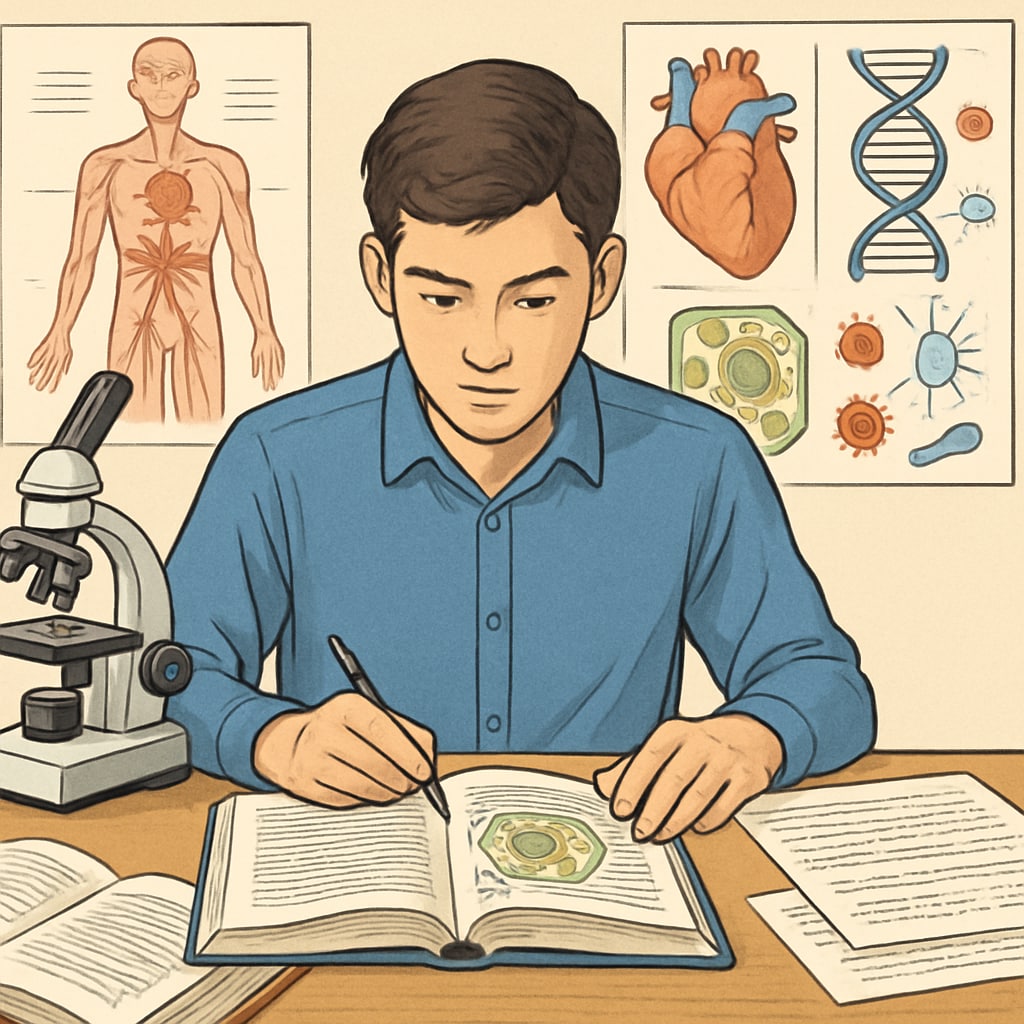For students pursuing medical dreams, the path is often fraught with educational challenges and family pressure. Navigating K12 education while striving for academic excellence can be overwhelming. This article delves into the obstacles faced by aspiring medical professionals, examining both systemic educational barriers and personal struggles, while providing strategies to support their ambitions.

Systemic Educational Barriers for Aspiring Medical Students
In K12 education, aspiring medical students often encounter systemic barriers that hinder their progress. These include a lack of tailored curricula, limited access to advanced science programs, and insufficient career counseling. For example, many schools fail to offer specialized courses like anatomy or physiology, leaving students inadequately prepared for pre-med tracks.
Moreover, standardized testing systems often prioritize rote memorization over critical thinking, a skill crucial for medical professionals. As a result, students may struggle to develop the analytical abilities necessary for success in medical school.
- Lack of resources: Limited lab facilities and outdated equipment prevent hands-on learning experiences.
- Curriculum gaps: Absence of medical-focused subjects in high school education.
- Unequal opportunities: Disparities in school funding create unequal access to advanced science programs.
Addressing these barriers requires systemic changes, such as integrating medical-related subjects into high school curricula and ensuring equitable access to resources. For further information on education systems, visit Education Systems on Wikipedia.
The Role of Family Pressure in Career Choices
Family expectations and societal norms often amplify the pressure on students pursuing medical careers. Parents may push their children toward medicine due to its perceived prestige and financial stability, ignoring the individual’s interests or mental well-being. This pressure, combined with the rigorous demands of academic preparation, can lead to burnout or resentment.
In addition, cultural factors may play a significant role. For instance, in some cultures, medicine is viewed as the ultimate career path, making students feel obligated to follow this trajectory regardless of their personal aspirations.
- Emotional toll: Constant pressure can lead to stress and anxiety.
- Lack of autonomy: Students may feel their choices are dictated by family expectations.
- Conflict: Disagreements between students and parents about career goals can strain relationships.
Encouraging open communication and fostering an environment where students can express their interests freely is essential to mitigate these pressures. To learn more about family dynamics, visit Family Dynamics on Britannica.

Strategies for Overcoming Challenges
While the obstacles are significant, aspiring medical professionals can employ strategies to navigate their path effectively. Here are some actionable solutions:
- Seek mentorship: Connect with medical professionals or educators who can provide guidance and resources.
- Develop time management skills: Balancing rigorous academics with extracurricular activities is crucial.
- Access mental health support: Therapy or counseling can help manage stress and anxiety.
- Leverage online resources: Platforms like Coursera and Khan Academy offer courses tailored to medical aspirations.
Additionally, families can play a supportive role by encouraging autonomy and celebrating small victories along the way. Schools should also focus on creating inclusive environments that nurture diverse career aspirations.
Looking Ahead: Building a Supportive Ecosystem
The journey toward a medical career is undoubtedly challenging, but with the right support systems in place, students can thrive. Schools must prioritize curriculum reforms, families should foster open communication, and individuals need access to mentorship and mental health resources.
As a result, aspiring medical professionals will be better equipped to overcome obstacles and achieve their dreams. By addressing systemic barriers and personal struggles, we can cultivate the next generation of compassionate, skilled doctors.
For those navigating the complexities of medical aspirations, remember: persistence, support, and self-belief are key to turning dreams into reality.


